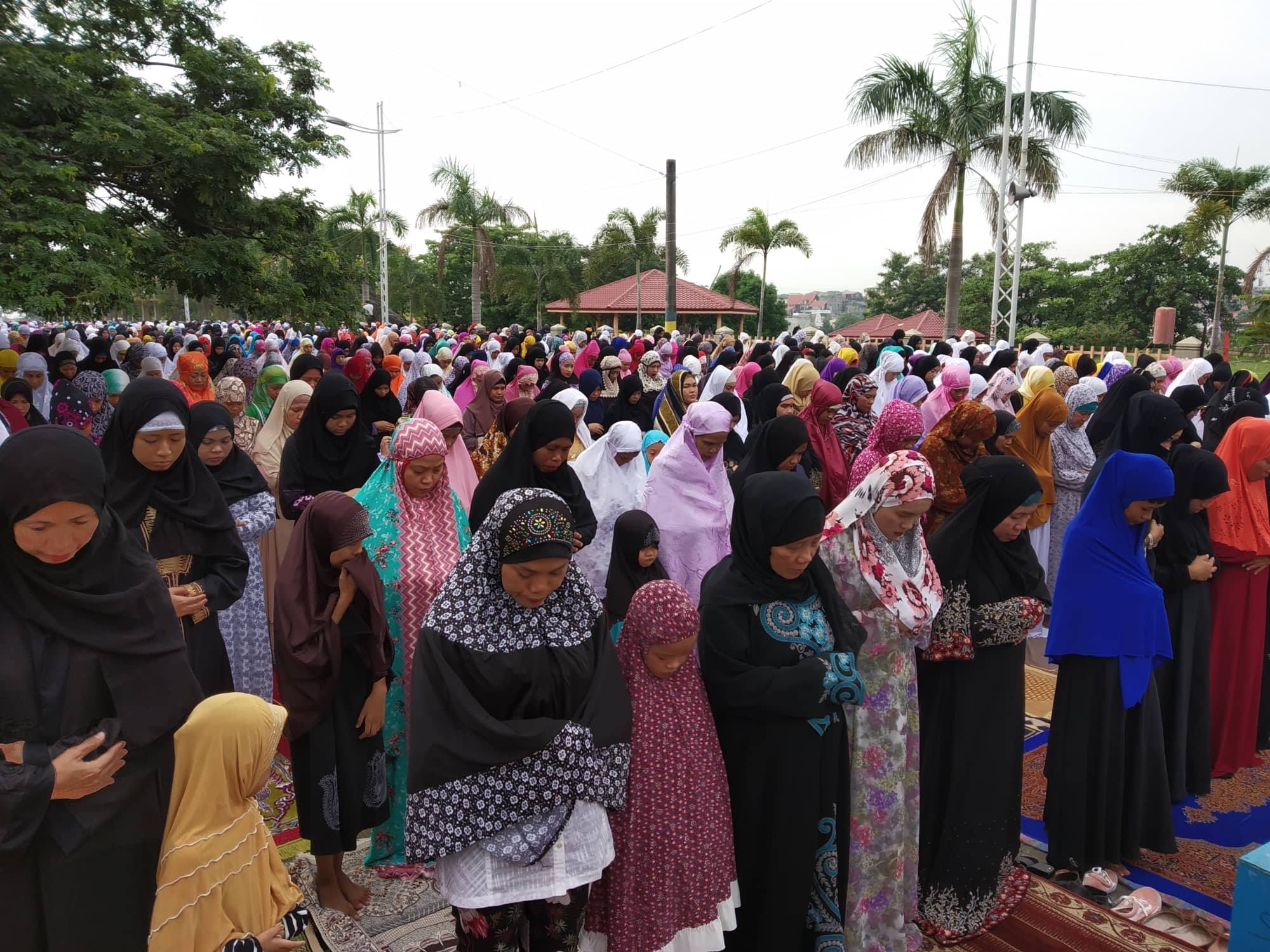Headline
SWS: Most Muslims in PH favor BOL approval
A recent survey of Social Weather Stations (SWS) revealed that a majority of Muslims in the country are in favor of the approval of the Bangsamoro Organic Law (BOL) in the 2019 plebiscite.
During the conduct of the survey on December 16 to 19 last year, the pollster asked its survey respondents, “Gusto po ba ninyo o hindi gusto na ma-aprubahan ng mga botanteng boboto sa Plebisito sa Enero 2019 ang Bangsamoro Organic Law o BOL (Do you want or not want voters who will vote in the January 2019 Plebiscite to approve the Bangsamoro Organic Law or BOL)?”
In response to this, 67 percent of Muslims nationwide said they “definitely want it,” while 12 percent of them “somewhat want it.” All in all, 79 percent of Muslims in the Philippines approved the passage of the BOL.
While the majority of them agreed to the BOL’s approval, seven percent of Muslims are not in favor of it, with four percent saying they “somewhat do not want it,” and three percent said they “definitely do not want it.”
The other 14 percent, on the other hand, were “undecided” if they want the BOL to be approved or not.
“This gives a net approval score of +72 (79% definitely/somewhat want it MINUS 7% somewhat/definitely not want it),” the SWS said.
Compared to other religions, it added, the BOL’s net approval among Iglesia ni Cristos was at +15, Catholics at +10, and other Christians at +9.
The pollster also asked its respondents regarding their knowledge on the BOL.
“Noong nakaraang Hulyo 2018, pinirmahan na ni Pang. [Rodrigo] Rody Duterte ang Republic Act 11054 o ang ‘Bangsamoro Organic Law’ o BOL, ang batas nabubuo ng bago at mas pinalawak na lugar na awtonomiya na tatawaging Bangsamoro Autonomous Region in Muslim Mindanao o BARMM. Paano po ninyo ilalarawan ang inyong kaalaman sa batas na ito (Last July 2018, Pres. Rody Duterte signed into law Republic Act 11054 or the ‘Bangsamoro Organic Law’ or BOL, the law that will create the new and expanded area of autonomy that will be called Bangsamoro Autonomous Region in Muslim Mindanao or BARMM. How would you describe your knowledge regarding this law)?”
To this, 10 percent of Muslims nationwide said they have “extensive” knowledge, 35 percent answered “partial but sufficient,” and 33 percent said they know “only a little.”
In total, 78 percent of Muslims said they know about the BOL, according to the pollster.
The latest survey also found that 76 percent of Muslims in the Philippines believe that Moro Islamic Liberation Front (MILF) is capable of governing the BARMM, with 56 percent of them saying they are “definitely capable” and 21 percent said MILF is “somewhat capable.”
Meanwhile, eight percent do not believe that MILF is capable, one percent answered they are “somewhat not capable” and seven percent said they are “definitely not capable.”
The other 16 percent were “undecided” regarding the matter.
These figures, the SWS said, give a net capability score of +68.
Among those survey respondents in Mindanao, 41 percent of them said they are in favor of the BOL.
Breaking it down, 28 percent of Muslims answered they “definitely want” the BOL and 14 percent said they “somewhat want it.”
However, 31 percent of the respondents are not in favor of the BOL, with 22 percent saying they “definitely do not want it” and nine percent “somewhat do not want it.”
In terms of other areas, the net approval of the BOL was at +17 in Visayas, +16 in Balance Luzon, and +13 in Metro Manila.
The SWS also noted that the net approval of the BOL was higher among those with extensive knowledge about it, which was at +43, as well as among those with partial but sufficient knowledge about the BOL, which was at +43.
The BOL’s net approval was also higher among those who said the MILF can definitely govern the BARMM, which was at +60, and those who said it is somewhat capable, which was at +48.
The December 2018 Social Weather Survey used face-to-face interviews of its 1,440 respondents nationwide, with 360 each in Balance Luzon, Metro Manila, Visayas, and Mindanao.
It also has sampling error margins of plus or minus 2.6 percent for national percentages and plus or minus five percent each for Balance Luzon, Metro Manila, Visayas, and Mindanao.


